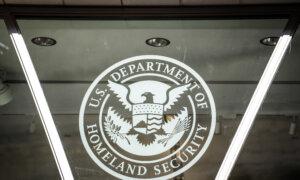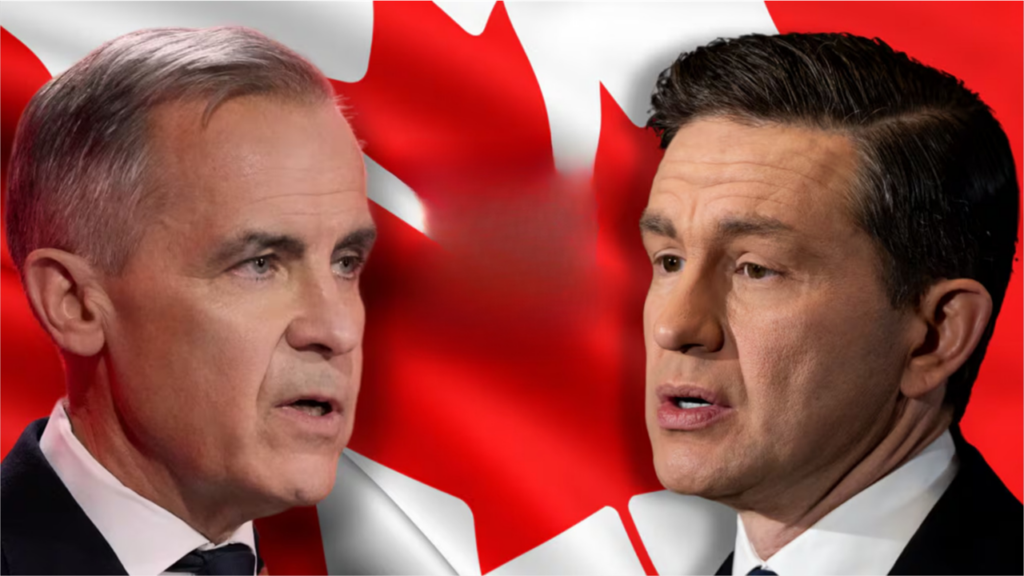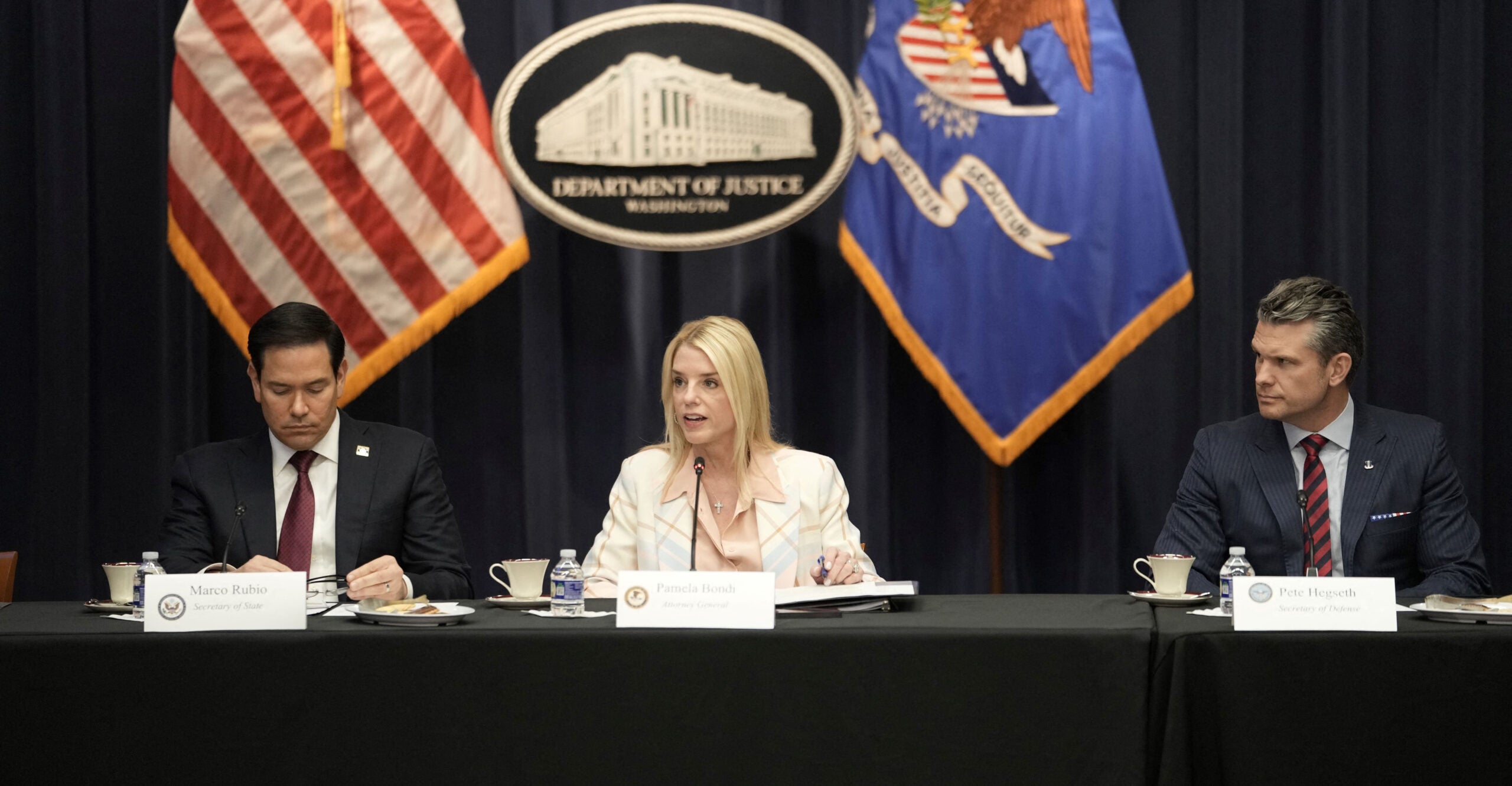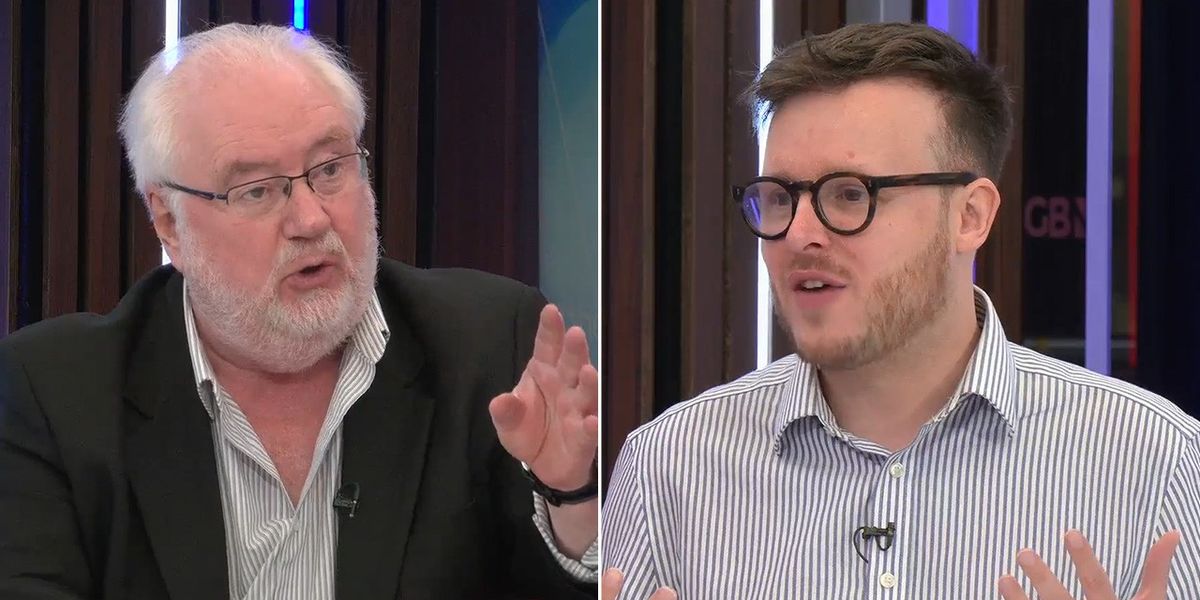Deportation Cases Spark Debate About Role of Judiciary in Foreign Affairs
Ongoing battles over the legality of the Trump administration’s deportations of illegal immigrants have fostered conditions for a constitutional showdown questioning where judicial authority ends and the executive’s begins.
While the president has historically been understood to be in charge of foreign affairs, Congress has some input as well through treaties. Under Article III of the Constitution, the judiciary’s power is focused on the cases and controversies brought before it.
According to the administration, both judges have grossly overstepped their authority. “Foreign affairs cannot operate on judicial timelines,” the Department of Justice told Xinis earlier this month.
The cases have already reached the Supreme Court and will likely come before the justices again, resulting in potentially landmark decisions on the nation’s separation of powers.
Deportations to El Salvador
The federal government is currently paying El Salvador to detain illegal immigrants who are alleged or confirmed criminal gang members deported last month as part of a series of flights following Trump’s invocation of the Alien Enemies Act.
Boasberg said on April 16 that even though the Supreme Court vacated one of his orders, he could still initiate contempt proceedings against the government. He said it would focus on whether the Trump administration was complying with the order before it was nullified by the high court.
The Justice Department quickly appealed his decision and said in a request for emergency relief that Boasberg’s suggestion “unconstitutionally compels the Executive Branch to persuade or force a foreign sovereign to accede to the court’s demands.” The U.S. Court of Appeals for the D.C. Circuit responded by temporarily halting Boasberg’s order on April 18.
John Shu, a constitutional law expert who served in both Bush administrations, told The Epoch Times that Boasberg was within his authority because the administration was paying El Salvador to house the prisoners. This arrangement, he said, set up something known as “constructive custody” whereby the United States held sway over their detention.
“The United States government has constructive custody of the deportees, which in turn means that upon a final court order, the Trump administration may request that El Salvador release the deportees into actual U.S. custody,” Shu said.
Neama Rahmani, a former federal prosecutor who worked on immigration issues in former President Barack Obama’s Department of Justice, disagreed and thought that judges would be wading into foreign affairs even with an arrangement between the two countries.
‘Facilitating’ Abrego Garcia’s Return
In Abrego Garcia’s case, Xinis had specified that the administration should “facilitate” and “effectuate” the Salvadoran national’s return to the United States. When the Supreme Court weighed in, it affirmed the facilitation aspect of her order but asked that she clarify what she meant by effectuate.
The administration appealed her orders, but the U.S. Court of Appeals for the Fourth Circuit denied its request for emergency relief. Circuit Judge Harvey Wilkinson, who wrote for the appeals court, and Xinis indicated that “facilitation” entailed more than merely removing domestic barriers to Abrego Garcia’s return.
Justice Department attorney Drew Ensign told Xinis, however, that in the immigration context, facilitate was limited to removing domestic barriers.
According to Rahmani, “What [facilitate] means is, if he shows up at the border, they have to let him in.”
It’s questionable how or whether Abrego Garcia will return, as El Salvador President Nayib Bukele told reporters during an Oval Office meeting with Trump that he wouldn’t “smuggle” him back into the United States. He noted that the United States considered Abrego Garcia as part of a terrorist group.
Boasberg, meanwhile, has denied that his March order restricting deportations under the Alien Enemies Act intruded on executive authority.
“It in no way invaded any Article II powers, despite Defendants’ effort to incant new ones into existence.”
Thomas Jipping, a legal scholar at the Heritage Foundation, a conservative think tank, told The Epoch Times that Boasberg was exceeding his authority and likened his actions to a judge directing Congress to pass a particular law.
“The Supreme Court [has] something of a sliding scale as to how much deference courts should give [the executive] … in different categories of authority, and foreign affairs is probably at the far end,” Jipping said.
He added that presidents’ conduct in foreign affairs “has the widest possible degree of authority with the least restrictions.”













